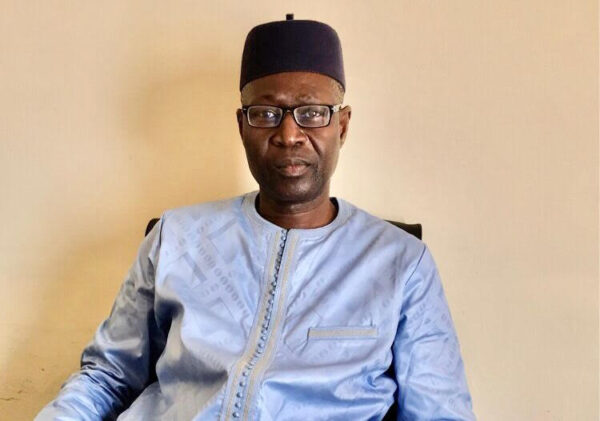By Prof. Amath Ndiaye – Economist, FASEG-UCAD
I am saddened by the incompetence of the Malian junta in the face of the advance of jihadist groups. The country is literally cut in two, and Bamako is suffocating as supply routes are closing. Today we can see the price of a serious strategic mistake: that of self-proclaimed revolutionary leaders, more concerned about their political survival than the future of Mali.
By rejecting the forces of Barkhane and those of the UN, they claimed to be restoring national sovereignty; in reality, they were seeking to consolidate fragile power. Operation Barkhane, launched in 2014 by France, aimed to fight against armed terrorist groups in the Sahel, in support of local armies.
As for the MINUSMA (United Nations Multidimensional Integrated Stabilization Mission in Mali), it deployed nearly 13,000 peacekeepers to protect civilian populations, support national reconciliation, and stabilize the country. These forces were not perfect, but their abrupt withdrawal left a security void that neither the Russian forces of the Wagner group nor the Malian army have been able to fill.
Result: Mali is sinking into chaos, the state is disintegrating, and the population is paying a heavy price. The northern regions are now almost completely out of Bamako’s control, while the central areas have become the scene of daily clashes.
The United States has just recommended to its citizens to leave Mali, a clear sign of the seriousness of the security situation and the loss of international confidence in the current authorities.
Proclaiming thoughtless sovereignty everywhere leads to disaster. One wonders if, in this context of jihadist war, the closure of the French military base in Senegal was really opportune? History teaches us that wars are never won in isolation, but with alliances, sometimes even against nature.
On August 23, 1939, Hitler’s Germany and Stalin’s Soviet Union signed the Molotov-Ribbentrop non-aggression pact, named after their foreign ministers. This unexpected agreement between two ideologically opposed regimes perfectly illustrates that diplomacy, in times of tension, follows the logic of strategic interests and not emotions. A few months later, Stalin broke the pact and joined the Allies against Nazi Germany.
Without the entry of the United States into the war, France and the United Kingdom would not have won the First or Second World War. Similarly, the long-term presence of American military bases in Germany and Japan has never diminished their sovereignty. On the contrary, these strategic alliances have offered them the necessary stability to become respectively the third and fourth largest economic powers in the world.
In addition to this military failure, there is a major diplomatic mistake: Mali’s hasty withdrawal from ECOWAS, which deprived it of a regional framework for economic and security cooperation. This decision, motivated by internal political considerations, further isolated the country and increased distrust among its neighbors.
Tense relations with Algeria, another key actor in Sahelian stability, further reduce Bamako’s room for maneuver. Instead of constructive dialogue with its natural partners, the junta preferred confrontation and retreat.
Today, diplomatically isolated, militarily weakened, and territorially torn apart, Mali is paying the price for a sovereigntist rhetoric disconnected from geopolitical realism. And this drift is not without consequences for the sub-region: Senegal is already experiencing the economic, commercial, and security repercussions of a neighbor in implosion.
History is clear: no country has ever won a war alone that it could not afford to lose.


